Oral Surgery – Edison, NJ
The Expertise & Convenience You Deserve
What is oral surgery?

Oral surgery is typically defined as any dental procedure that involves surgery to the gums, jaw, and support structures of your teeth. While treatments like a filling or a dental crown are technically a type of “surgery,” they are not usually referred to as surgical treatments.
Compared to treatments that only involve your teeth, oral surgeries are more invasive, and are typically administered under both local numbing or dental sedation and laughing gas or other sedative options. Oral surgery in Edison, NJ may be required to extract damaged teeth, repair your jaw or gums, or modify or remove tissues in your mouth before other treatments are provided by a dentist.
At One Dental New Jersey, Dr. Shefat Rabbi uses the latest imaging technology and surgical tools to provide excellent service. Learn more about minimally invasive oral surgery now, or contact us today for a consultation. Our dental office is located in Edison, NJ.
Serious oral health issues
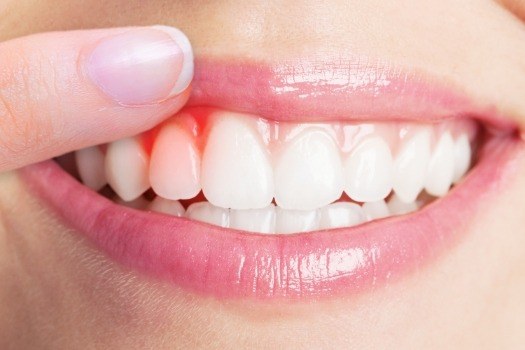
Oral surgeries are usually only needed for major oral health issues, like serious damage to your jaw, or major deterioration of your jawbone after tooth loss or gum disease.
Tooth loss
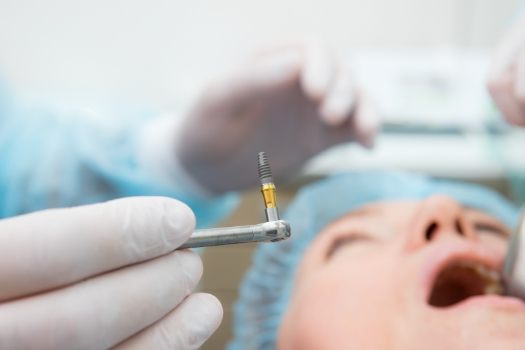
If you've lost a tooth, oral surgery may be used to replace your tooth and to prepare the area before a treatment like a dental implant. A bone graft, for example, may be used to strengthen your jaw bone before an implant is placed.
Preparation for other treatments
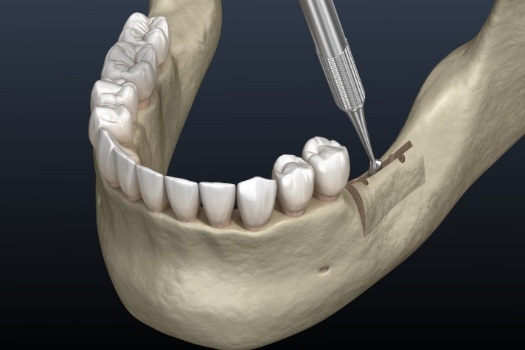
Treatments like alveoloplasty may be used to remove ridges on your jaw before implants or dentures are placed. Tori removal is also commonly used to prepare for the placement of dentures.
Common reasons for oral surgery
Dental Bone Grafts
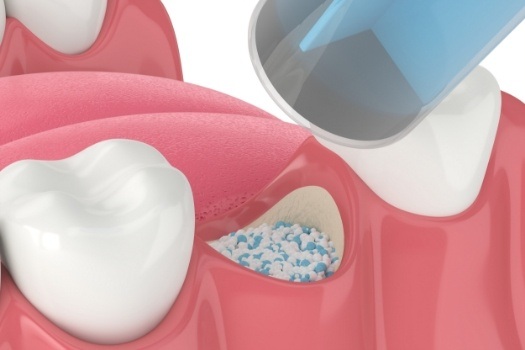
Dental bone grafting is done to prepare your jawbone for the placement of a dental implant. This is necessary after bone loss due to gum disease or tooth loss has affected your jaw. In this oral maxillofacial surgery, Dr. Shefat Rabbi will make an incision into your gums and jaw, and place a special bone powder in the treatment area. Over time, natural bone will heal over this powder to strengthen the jaw sufficiently for an implant.
Tooth Extractions
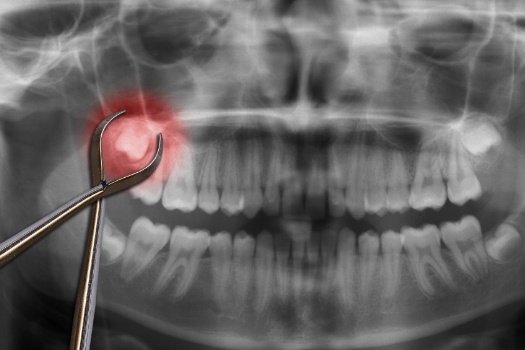
Basic tooth extractions are typically used for teeth that have been damaged by oral injuries, gum disease, or tooth decay. We will always try to save your tooth first, but sometimes extraction may be necessary.
For example, if a tooth is severely infected, it may not be possible to save it with a root canal. Instead, your dentist may recommend an extraction. Dental implants, and other restorative treatments like dentures, may require extractions as the first phase of the treatment.
Wisdom Tooth Extractions
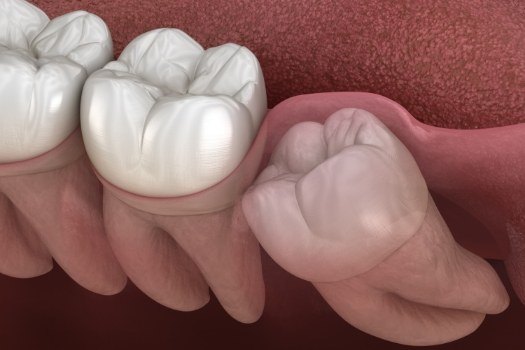
If your wisdom teeth are growing improperly, you're not alone. Wisdom tooth extractions are the most common type of dental extraction, because when they're left untreated, they can cause major dental problems with the rest of your smile. However, a wisdom tooth may not need to be removed, so ask Dr. Shefat Rabbi if your dental health would benefit from an extraction.
Sinus Lifts
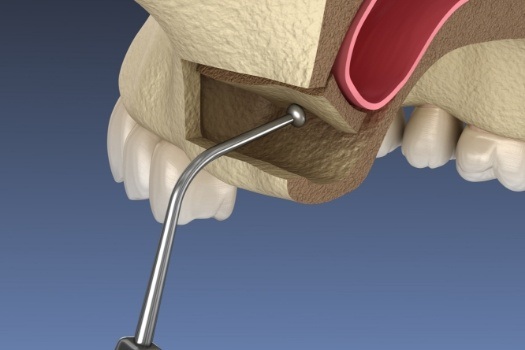
Another treatment that may be necessary to prepare for dental implants is a sinus lift. This procedure involves augmenting, or "lifting" the maxillary sinus cavity to make room for the bone grafting in the upper jaw.
Alveoloplasty
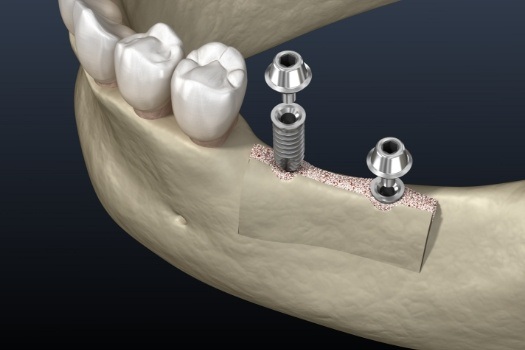
Alveoloplasty or “ridge smoothing” is needed after tooth extractions in many cases. This process involves smoothing down the bony ridges near the now-empty tooth sockets and is done to prepare for implants, bridges, or dentures.
Tori Removal

Tori are bony growths in the upper or lower palate that are harmless but can interfere with the proper fit of dentures. If you have dental tori and wish to replace your missing tooth or teeth with dentures, they may need to be surgically removed by Dr. Shefat Rabbi.
Complex Occlusal Adjustments for TMJ

Temporomandibular joint syndrome, or TMJ, is the painful result of a misalignment of the bite and jaw. Occlusal adjustments involve the grinding down of the back teeth to fix the surface at which the top and bottom teeth meet.
Oral Surgery FAQs
What’s an oral surgeon?
An oral maxillofacial surgeon completes special training and education beyond dental school, although some oral surgeons choose to pursue a medical degree instead of a dental degree. At a minimum, oral surgeons will complete a 4-year residency at a hospital-based surgical program alongside medical residents in many different specialties, including anesthesia.
How long does oral surgery take?
It completely depends on the procedure and the complexity of the patient’s case. Simpler procedures, such as tooth extractions, can take minutes; more time may be needed to properly sedate you. Complex procedures, like placing dental implants for a full arch or teeth, can take hours. Your oral surgeon will give you a thorough explanation of the procedure, tell you how to properly prepare, and let you know what to expect on the day. Talk to your dentist in Edison, NJ for more information.
How much does oral surgery cost?
The cost of oral surgery varies from procedure to procedure. Similar to time commitment, simpler surgeries will be less expensive and complex surgeries will be more expensive. If your dental and/or medical insurance does not cover your oral surgery, consider loans or a payment plan to get the dental care you need.
Is oral surgery covered by dental insurance?
Possibly, depending on your insurance provider and coverage. You should talk to your dental and medical insurance providers to see if your recommended oral surgery is covered. It may also be worthwhile to file your claim with both your dental insurance provider and your medical insurance provider, since the maxillofacial surgery may qualify as a medically necessary procedure.
